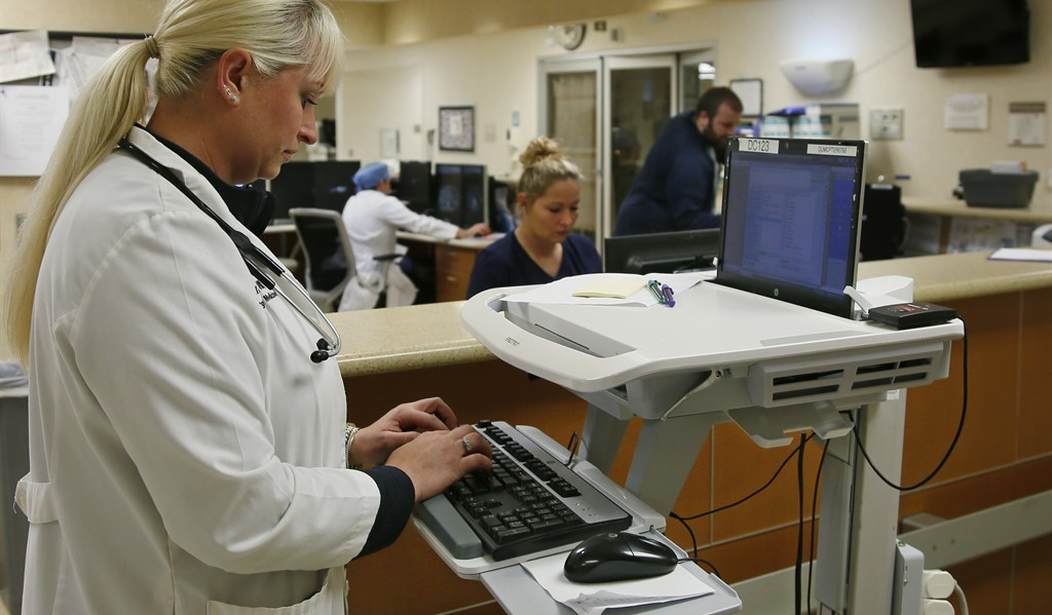Surprise medical billing — which happens when patients, usually unknowingly, receive out-of-network medical care and are later hit with high, unexpected bills demanding payment for the costs not covered by their insurance — is undoubtedly an important issue that Congress should work to resolve as quickly as possible. Our legislators, however, should not rush the process if it results in passing a counterproductive solution.
To their credit, Congressional leaders have attempted to address the issue. Two main proposals – one good, and one not so good - have dominated the debate.
The first and less optimal proposal from Senators Patty Murray (D - Washington) and Lamar Alexander (R - Tennessee) would allow the government to set lower-than-market rates for physicians providing out-of-network care by using insurers’ in-network averages as a benchmark. That benchmarking approach would give insurers a distinct advantage over local physicians, enabling them to slash reimbursement rates and, in the process, transfer enormous financial losses onto local health care facilities.
Another – and frankly, far superior -- approach subjects insurers and providers to an Independent Dispute Resolution (IDR) process that would protect patients from surprise medical billing in a way that does not unfairly skew the healthcare marketplace or undermine patients’ access to care.
Unfortunately, it suddenly appears that Congress is contemplating a “compromise” that attempts to split the baby down the middle. That proposal amounts to a carbon copy of a California’s attempt to address this problem – with dismal results. The California law resulted in a 50 percent increase in customer complaints, higher premiums, and as David Williams of the Taxpayers Protection Alliance (TPA) has said, “countless doctors’ offices closing up shop.”
Recommended
Adopting the California approach at the federal level would threaten health care access and affordability, particularly among rural communities where those issues already pose major causes for concern. That California approach could, in fact, force many rural hospitals and emergency rooms to close their doors altogether, forcing already vulnerable patients to travel even further and pay even more to access the vital services and treatments they need.
As Citizens Against Government Waste (CAGW) has cogently opined, “The agreement is a substantial step toward Medicare for All and socialized medicine.”
Meanwhile, a robust IDR process offered by the superior proposal referenced above has already proven in Florida to protect patients from surprise medical billing while maintaining the strength and integrity of our entire health care system, especially at-risk hospitals serving remote, rural communities. That institutes a fair, market-based approach that gives both insurers and providers a voice in the process, allowing them to negotiate out-of-network payments on an individual basis with the assistance of a neutral, independent mediator.
IDR offers a solution that works for all parties — patients, providers, and insurers — without undermining health care access for anyone or unfairly skewing the market in favor of anyone. That is the best shot Congress has at resolving the issue of surprise medical billing, and that our legislators should work to advance as expeditiously as possible.
Moreover, while a solution for this problem should be passed expeditiously, what we do not need is for legislators to circumvent their obligation to debate this issue seriously by simply attaching it to a must-pass, year-end bill.
Legislators on both sides of the aisle and in both chambers of Congress must give this issue the attention it deserves, and solve it in a thoughtful way that preserves and protects the free market while safeguarding patients and our entire health care system. Only IDR offers such a solution.

























Join the conversation as a VIP Member